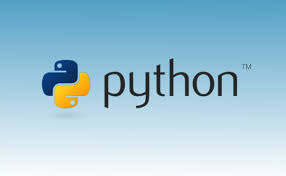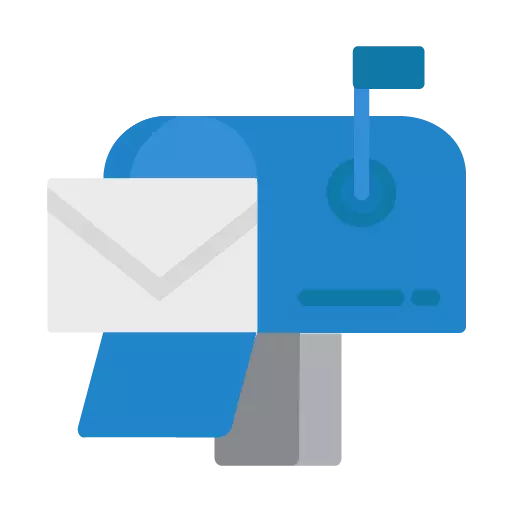
python language
An introduction to python programming language
Name: Own Teacher
Email: info@ownteacher.com
Created At: 19-10-2023
introduction
Python is a high-level, versatile programming language known for its simplicity and readability. It was created by Guido van Rossum and first released in 1991. Python's design philosophy emphasizes code readability and a clean syntax, which makes it an excellent choice for beginners and professionals alike.
Key features of Python include:
Easy to Learn: Python's clean and straightforward syntax is easy to read and write, making it an ideal language for both beginners and experienced developers.
Versatile: Python supports a wide range of applications, from web development and data analysis to scientific computing and artificial intelligence. It has extensive libraries and frameworks that simplify development.
Cross-Platform: Python is compatible with major operating systems, ensuring portability of code across different platforms.
Community and Ecosystem: Python has a large and active community, offering support, documentation, and a vast repository of third-party packages and modules.
Open Source: Python is open-source, meaning it's freely available and can be used, modified, and distributed without cost.
Interpreted Language: Python is an interpreted language, which means code is executed line by line, making it easier for debugging and testing.
Object-Oriented: Python supports both procedural and object-oriented programming paradigms, allowing flexibility in code design.
Python's popularity continues to grow, and it's a go-to choice for web development (Django, Flask), data science (NumPy, pandas), machine learning (TensorFlow, PyTorch), and more. Its simplicity and extensive libraries make it an excellent language for various applications and industries.
Python programming language encompasses various types and data structures. Here are some of the common types with examples:
Numeric Types:
- int: Whole numbers like 5, -3, 100.
- float: Real numbers with decimals like 3.14, -0.5.
String:
- str: Text data enclosed in single or double quotes, e.g., "Hello, Python."
Boolean:
- bool: Represents True or False values, e.g., True.
Lists:
- list: Ordered, mutable collections of items, e.g., [1, 2, 3, 'apple'].
Tuples:
- tuple: Ordered, immutable collections, e.g., (1, 2, 3).
Dictionaries:
- dict: Key-value pairs, e.g., {'name': 'John', 'age': 30}.
Sets:
- set: Unordered collections of unique elements, e.g., {1, 2, 3}.
NoneType:
- None: Represents the absence of a value or a null value.
Custom Types:
- You can define your custom data types using classes.
Examples:
# Numeric Types
my_integer = 5
my_float = 3.14
# String
my_string = "Hello, Python."
# Boolean
is_true = True
# Lists
my_list = [1, 2, 3, 'apple']
# Tuples
my_tuple = (1, 2, 3)
# Dictionaries
my_dict = {'name': 'John', 'age': 30}
# Sets
my_set = {1, 2, 3}
# NoneType
empty_value = None
# Custom Types
class Person:
def __init__(self, name, age):
self.name = name
self.age = age
person1 = Person("Alice", 25)
person2 = Person("Bob", 30)
python's flexibility in handling different data types makes it a powerful language for a wide range of applications.
Certainly! Here's a simple Python example that also prints "Hello, World!" to the console:
print("Hello, World!")
In this Python program:
- print("Hello, World!"): This line uses the print function to display the "Hello, World!" message on the screen. Unlike C, Python is a high-level language known for its simplicity and readability, and it doesn't require the same level of boilerplate code as lower-level languages like C.
When you run this Python program, it will immediately output "Hello, World!" to the console. This straightforward example is often used to introduce beginners to Python programming.
Comment List
Leave a Comment.



